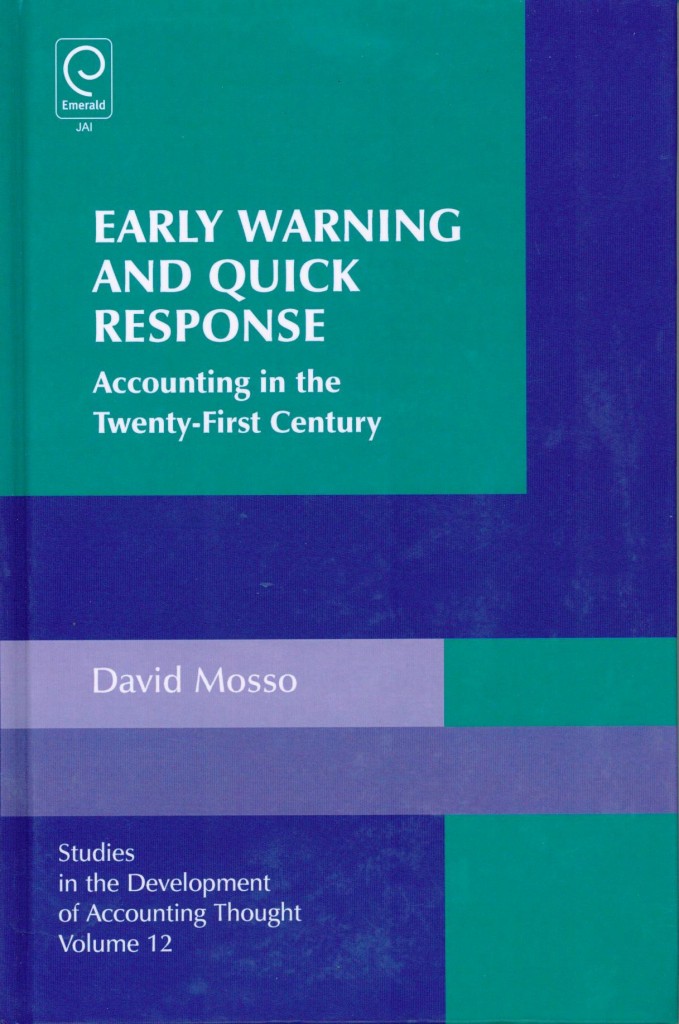Fairness Versus Economics
Time out.? Time to have an elementary school education for those that lead us, who have pretensions to understanding economics, at least in terms of how people really work, not the idealized Homo Oeconomicus of the introductory economics textbooks.
Time for them to get a dose of behavioral economics form books like Priceless and “Secrets of the Moneylab” (soon to be reviewed).? People don’t care as much about improving their position in life as much as they do about fairness.? Why? If I did not believe in Jesus, I would say that people assume that the games that they play will be repeated in life, and so they punish those that cheat, because they prize the integrity of the system more than short term results.
There is a simpler explanation, though.? Men/(Women) were created to judge their surroundings and rule it.? Man was created on Earth for moral purpose primarily, not for increase in consumption.? When ethics are transcendent rather than a question of economic advantage (more is better), men will act against their short term interests to promote the long term good.
This is yet another reason why people don’t necessarily act on average to maximize their short-term pleasure.? People will not normally enter into deals that they find morally repugnant even if they would gain from it.? Ask a liberal if they would encourage the Nature Conservancy to sell land to Plum Creek Timber, or one of its peers.? They will object.? Wait, couldn’t they take the proceeds, and buy up more forest elsewhere?? Sorry, this is a sine qua non for them.? They don’t deal with the enemy.
I could come up with many more examples, but I am sure that I would make a lot of people angry, and that is not my goal here.? I am just trying to make people think a little more broadly about economic policy.
So the central bank decides to finance a certain financing market in a panic.? Fairness asks this: why them, and why not me, or everyone?? We don’t care if the economy would supposedly collapse without the aid of the central bank.? Things should be fair; if you are offering it to them, you should offer it to me, or everyone, or you should not offer it.
The same applies to fiscal policy.? Stimulus, should it exist at all, should apply to the broadest category of applicants.? Don’t target troubled industries, particularly those whose products are in oversupply.? Send the stimulus to average people equitably.? Let industries fail, but let consumers choose what they need.? Why should we support industries that are not needed by the public?
So when I read Daniel Henninger in the Wall Street Journal arguing that average people don’t respect spending beyond the budget of the government, I get it.? I GET IT!!!? They have an interest in fairness, which stems from their moral sense that we can’t spend beyond our means, printing press or not.? Yes, the printing press may print, but it does not create value as much as redistribute value into the hands that the government favors, and the average person suspects they are getting none of it.
I am no fan of the Republicans, but do the Democrats understand what fury they have unleashed?? What do average people think when the government runs huge deficits in peacetime?
They look at it and wonder, Why can’t I do that? Why can’t we all do that?? The moral/ethical question pops to the top, regardless of other concerns.
The model of man that economists use is flawed.? Rather than focusing on the weak concept of more is better, they should look at fairness, and other relative comparisons of well-being that people care about.
What’s that you say?? If we do that, all the pretty math doesn’t work?? The pretty math doesn’t work already.? Tests of both microeconomic and macroeconomic theory as currently construed get rejected by the data when they attempt to apply the broadest tests of the general equilibrium theories.? If I am wrong here, please forward onto me the studies contradicting this, because this is what I learned in Grad school economics in the third year — very disappointing to save it until then… why not mention it in Econ 1 & 2?? Oh, you want to keep your jobs, because it beats working for a living?? Aye, laddie, I ken, I ken.? What I don’t get is providing intellectual cover for politicians to run a huge pork barrel.
Many people are sick of the government trying to assure prosperity and failing, to the degree that many are now thinking that the government is not trying to assure prosperity, but merely help out favorites, because that is how a lot of the policy of bailouts, stimulus, credit easing and radical quantitative easing appear.
Summary
I write this because there are many politicians, economists, and journalists/bloggers who don’t get why a large number of people are angry over what the government is doing in the midst of this crisis.? They think that everyone should be grateful that they are applying the Keynesian/Neoclassical remedies that the academics imagine will work.? They aren’t like me, where I think that most of the government’s actions are long-term harmful, and it would be better to do nothing. My hope is that one day average people will know that the government cannot assure or aid prosperity, aside from providing courts and police.
But average people look at fairness, and the snake oil “remedies,” regardless of their validity, do not provide that.? That is why many are annoyed, if not angry.


